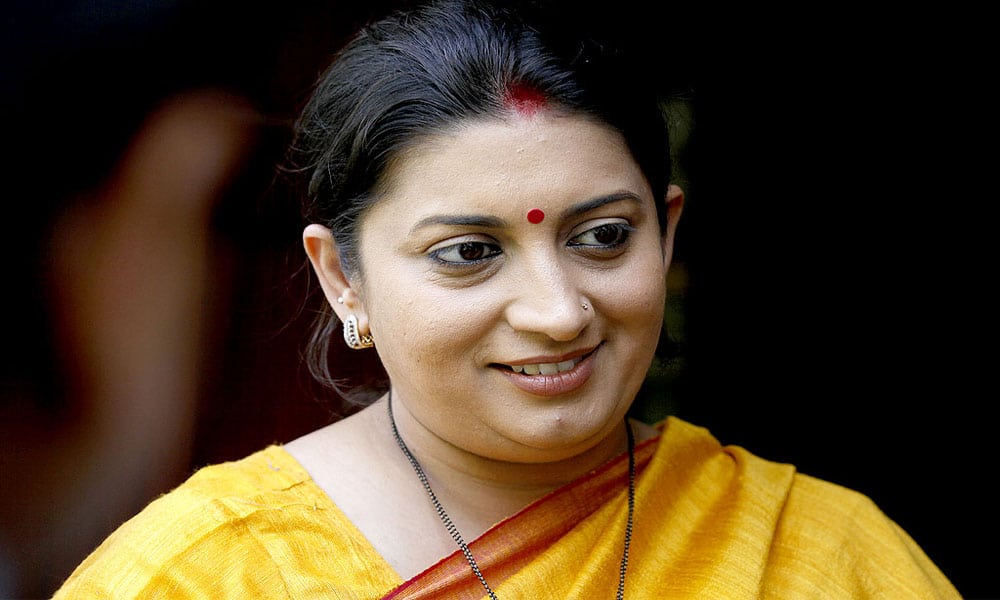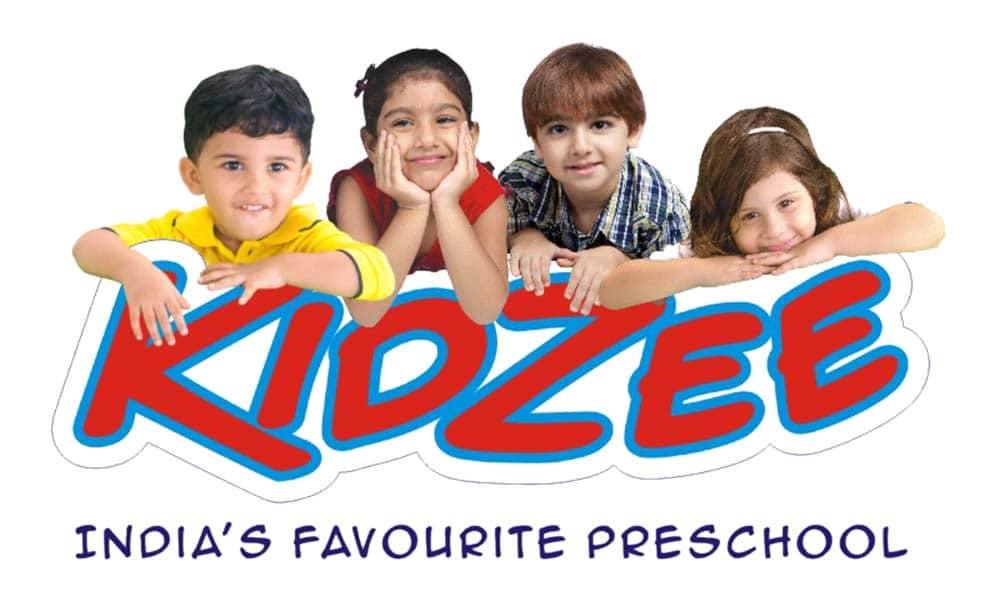Ms Monica Malhotra Kandhari, Managing Director, MBD Group says vocational education as the name suggests is the skill development education focusing on a particular vocation or trade based on practical and hands-on approach as opposed to a purely academic approach to education and is focused on developing skills related to a specific trade. In India, the focus has been on general education so much that large numbers of educated people remain unemployed while on the other hand there is an acute shortage of skilled manpower in many sectors. As per a government report, by 2022 around 119 million additional skilled workforces will be required by 24 sectors such as construction, retail, transportation logistics, automobile, and handloom. Any shortfall in skilled manpower will pose a huge impediment to the future economic growth of the country.
Strengthening vocational education therefore becomes imperative if India is to address the current shortfall and to augment its skilled workforce for the future. The current strength of ITI’s (Industrial Training Institutes) and ITC’s (Industrial Training Centres) is woefully inadequate to address the current shortfall of skilled workforce; therefore it becomes necessary to look at widening the scope and dimension of skills training. The education system in India needs to be upgraded and focus should be on flexible education and training system. Skill based education must be imparted to students right from the school level. Students should be encouraged to learn and develop skills based on their interest and their capability. Providing skill based education with practical hands on sessions at the school level would also arouse interest and foster innovative thoughts in the minds of young students. Such an education system that focuses on flexible dual learning at the school level would help set the foundation for the development of a large supply pool of skilled work force for the future.
Also, it is generally estimated that around 90% of all employment opportunities require candidates with vocational skills. The education system in India with emphasis on knowledge based learning is clearly not in tune with the above requirement and the consequence is the current mismatch in demand and supply of skilled manpower in the country. Occasional news reports of large number of graduates, post graduates and even those with management degrees queuing up for such government jobs as Peons or other Grade IV jobs, where the educational qualification just call for a matriculate, is testament to the failure of the current education system in generating suitable candidates for various sectors of employment. The economy needs skilled technical assistants and skilled craftsmen as much as it needs doctors and scientists. Starting vocational education right at the school level will infact open the doors for students to pursue their interest early and by the time he/she is certified from vocational institute, the skill acquired would be of high quality which will help him/her gain an efficient job later in life.
As per a Government paper on “SUPPORT TO TRAINING AND EMPLOYMENT PROGRAMME FOR WOMEN (STEP) 2014” indicates that a meager 7% of Indian workforce receive formal or informal vocational training as compared to developed economies like Korea (96%) and Japan (80%). This abysmal level of vocational education needs to be remedied on a war footing and how better to do that other than by imparting skill based education right to children at nascent stage. An efficient skill development system starting from the grassroots would help India to positively reap its demographic dividend.
Although India has taken great strides in the field of education and school enrollment rates are improving year on year, school dropout in the age range of 15-18 years is also equally high. An estimate of 85% of student drops out has been recorded around the age of 15 years and in contrast the participation rate of the work force rises rapidly around the given age range. Thus, vocational education at the school level itself would ensure that the percentage of people in the workforce that has had vocational education would see a dramatic rise and the new entrants to the workforce would constitute of skilled workers.
As India looks to stay on a high growth trajectory, it will need to skill its vast manpower. The current set up is out of sync with market demands. Getting manpower with the right skills for a job is becoming increasingly difficult. The existing strength of ITIs and ITCs is insufficient to train the projected requirement of skilled manpower. In such a scenario, schools act as the first providers of formal education and can play a huge role in imparting vocational education to a large number of learners, helping to bridge the widening gap between supply and demand of skilled laborers in the country. Schools can also nurture youngster’s capabilities and arouse their interest and help them excel in their chosen field.
































